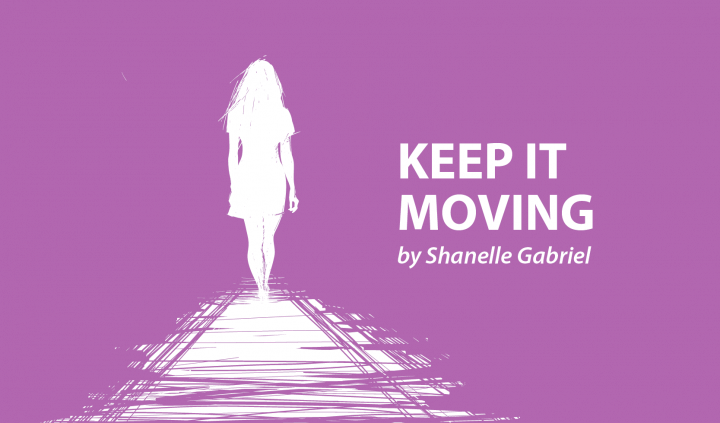Do You Have Someone to Talk To?
Written by |

Five years ago, when I realized my mother would pass because of lung cancer spreading throughout her body, one of the first things I did was look for a therapist. My mother was the first person truly close to me to pass away, and I knew it would be difficult. I was scared I would shut down and that I wouldn’t know how to survive this life-changing moment. I knew things would never be the same, that my regular pattern of calling her while driving to a random destination was ending and that she wouldn’t do the floral design for my future wedding, nor babysit her future grandchild. When it happened, I kept moving. I kept busy, but I knew it would hit.
After all of the services, I went straight to my insurance’s directory and looked up therapists. I found one not too far from my workplace and set up an appointment. I didn’t know what to expect, but I was definitely surprised that it was an office with no long couch to rest on as I poured myself onto her notepad. One of her first questions was, “What brought you here?” I said, “My mom passed, and I want to make sure I can handle it.” And that was the beginning of my weekly Tuesday routine. They say therapy never stays focused on whatever reason you initially go for. We talked about everything from family structure to my difficulty maintaining healthy boundaries, but most of all, we talked about living with lupus. Imagine, I came here to talk about my mother’s death, and lupus ended up being the unresolved issue I needed the space to explore.
How many of you had a rheumatologist who pushed you to see a mental health specialist after your diagnosis? Sadly, we tend to speak about the physical trauma without thinking of the mental trauma that dealing with a chronic illness causes. I know many would agree that they felt like they lost themselves post-diagnosis. Wouldn’t it make sense to worry about our emotional state? We have our good days, but those bad days can really take a toll.
Support groups are excellent for building community and learning new information about lupus. I believe in them. Matter of fact, I led one out in Harlem, New York, for a while. However, having a judgment-free space focused solely on me where I could say “I’m not happy” without having to apologize for it was priceless. With my friends, I had to finish every rant with, “… but I’ll be OK.” Even when I didn’t feel that way. Finding a professional to talk to made a world of difference, even if there weren’t always solutions to the things going on in my head.
It’s important that we treat depression and sadness the way we treat physical issues. Reach out to your insurance provider and get help ASAP, especially if you’ve ever had thoughts of harming yourself. It sometimes takes a while to find the right therapist, so feel free to ask around for recommendations. Also, know that a therapist cannot make all the bad feelings disappear, but they can give you tools to cope with what you’re dealing with. As the song by Pink goes, “You’re not broken, just bent.” With professional support and determination, you can move from a place of grief to a space of acceptance.
***
Note: Lupus News Today is strictly a news and information website about the disease. It does not provide medical advice, diagnosis, or treatment. This content is not intended to be a substitute for professional medical advice, diagnosis, or treatment. Always seek the advice of your physician or other qualified health provider with any questions you may have regarding a medical condition. Never disregard professional medical advice or delay in seeking it because of something you have read on this website. The opinions expressed in this column are not those of Lupus News Today, or its parent company, Bionews Services, and are intended to spark discussion about issues pertaining to lupus.






Leave a comment
Fill in the required fields to post. Your email address will not be published.